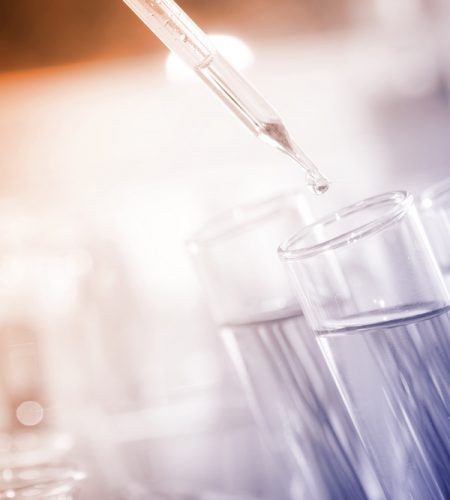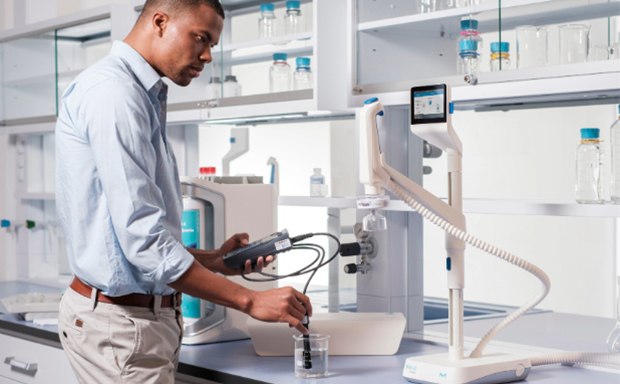Discover Trusted Water Testing Services Near Me for Clean Consuming Water
Discover Trusted Water Testing Services Near Me for Clean Consuming Water
Blog Article
Learn How Water Screening Can Find Pollutants and Secure Your Household's Well-being
Understanding the value of water screening is important for securing your family members's wellness, as our water system can harbor undetected dangers. From bacteria to hefty steels, contaminants posture serious threats, often undetected without appropriate evaluation. By checking out the technicians of water testing, one can uncover the undetectable dangers prowling in apparently excellent water resources. Yet, exactly how do you identify which tests are required for your house, and what steps should be taken when potential risks are revealed? As we browse these concerns, the path to ensuring water safety and security and a much healthier living atmosphere becomes more clear.
Significance of Water Checking
Recognizing the important role water plays in maintaining life, the relevance of water testing can not be overemphasized. Making certain that water is cost-free from unsafe materials is important for maintaining healthy and balanced neighborhoods and ecological communities. Water Testing Service.
Water screening serves as a proactive measure to recognize prospective hazards that may jeopardize water top quality. Via methodical analysis, it helps find physical, chemical, and biological specifications that could pose threats to human health and wellness. Regular testing enables the early discovery of concerns, promoting prompt treatments to stop extensive contamination and connected illness.
Moreover, water screening sustains governing compliance, ensuring that water suppliers meet established safety and security standards and standards established by governmental authorities. It fosters openness and responsibility, constructing public rely on the water supply system. Screening offers beneficial data that informs water management approaches, enabling lasting use and preservation of this priceless resource.
Fundamentally, water screening is a crucial device that safeguards public wellness, makes certain regulatory adherence, and promotes the lasting administration of water resources. Its significance in securing both communities and individuals can not be undervalued.
Common Water Pollutants
Amongst the various aspects that can jeopardize water quality, usual water contaminants consist of a variety of physical, chemical, and biological compounds that position significant dangers to human health and the setting. Physical pollutants frequently include sediments or natural products put on hold in water, which can influence clarity and preference.
Organic contaminants, largely bacteria, infections, and protozoa, occur from human and animal waste entering water supply. Pathogens such as E. coli, Giardia, and Cryptosporidium are well-known for creating gastrointestinal illnesses and can be especially dangerous to little ones, the senior, and those with jeopardized body immune systems. Nitrates and nitrites, often stemming from fertilizers, posture another wellness danger, especially to infants, potentially resulting in conditions like methemoglobinemia or "blue child syndrome."
Furthermore, emerging impurities, including drugs and individual care items, have actually raised worries because of their perseverance and unknown long-lasting impacts. Comprehending these pollutants is essential for applying efficient water therapy approaches and making sure risk-free drinking water.
How Water Testing Works
Comprehending the spectrum of pollutants in water emphasizes the significance of effective testing approaches to guard public health and wellness. Water screening is a systematic procedure designed to determine and measure numerous contaminations that can present threats to human health. This entails a series of analytical procedures that find pollutants such as microorganisms, hefty steels, organic chemicals, and other toxins. The screening process commonly starts with example collection from the water resource, ensuring that examples are representative and unpolluted throughout the collection procedure.
When examples are gathered, they go through laboratory analysis utilizing numerous techniques. Chemical testing often involves spectrometry or chromatography, both of which can recognize and determine specific chemical compounds. For microbiological screening, approaches such as membrane layer filtering or enzyme substrate tests are used to find pathogenic microbes. Furthermore, physical qualities like ph, shade, and turbidity are assessed to give insight into the overall top quality of the water.
The exact techniques utilized in water testing depend upon the certain impurities of worry and the water's intended usage. By continually using these extensive screening methods, scientists and public health and wellness authorities can make certain the security and top quality of water, thus securing communities from possible content wellness risks.
Picking the Right Examination
The initial step is assessing this contact form the water resource-- be it local, well, or surface water-- as each has unique risks. Local water could call for testing for disinfectant results, while well water may need testing for nitrates, germs, and hefty steels.
Next, think about recent occasions and environmental variables. Close-by farming tasks may necessitate testing for chemicals and herbicides, whereas industrial areas might require checks for chemical toxins. Additionally, any kind of modifications in water look, taste, or odor ought to trigger particular screening for usual contaminants like lead, chlorine, or organic virus.
Specialist water testing solutions supply thorough kits that target a vast array of prospective pollutants. These packages frequently line up with requirements established by the Epa (EPA) or neighborhood health and wellness divisions. For a more customized technique, seeking advice from a water high quality specialist can supply insights right into which details examinations are necessary based upon regional problems and private health demands, ensuring the protection of your family's wellness.

Maintaining Water Security

In enhancement to screening, proper upkeep of water supply plays an important function. This includes servicing and evaluating pipes systems, storage space tanks, and septic systems to prevent leakages or backflow that can present impurities - Water Testing Services Near Me. Using water purification systems developed to address specific regional problems can better protect against impurities, giving an extra layer of defense
Public understanding and education and learning are equally essential in preserving water security. Neighborhoods need to be informed about potential threats connected with neighborhood water sources and the required actions to mitigate them. Encouraging public engagement in water Your Domain Name safety initiatives promotes a collective responsibility that improves general efficiency.
Inevitably, a detailed technique that incorporates normal screening, system upkeep, and neighborhood involvement is essential in guarding water top quality. By doing so, family members can be ensured of secure and tidy water, securing their health and well-being.

Final Thought
Normal water testing is necessary for determining impurities such as germs, hefty steels, and chemicals that pose health and wellness threats. By analyzing water examples, undetected hazards can be spotted, making certain the arrangement of secure alcohol consumption water.
Recognizing the relevance of water screening is crucial for securing your household's health, as our water supply can nurture unseen dangers.Water screening offers as a positive measure to identify possible threats that might compromise water quality.Additionally, water screening sustains regulative compliance, ensuring that water service providers satisfy well established security standards and guidelines established by governmental authorities. Municipal water might call for screening for disinfectant byproducts, while well water may need screening for nitrates, microorganisms, and hefty metals.
Regular water testing is a vital element in keeping the top quality of water resources, making it possible for timely interventions before impurities get to dangerous levels.
Report this page